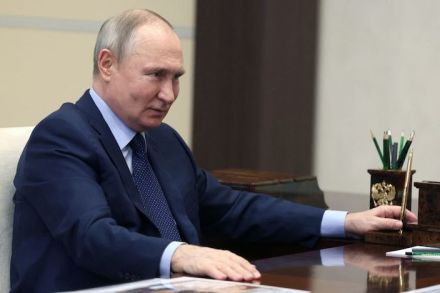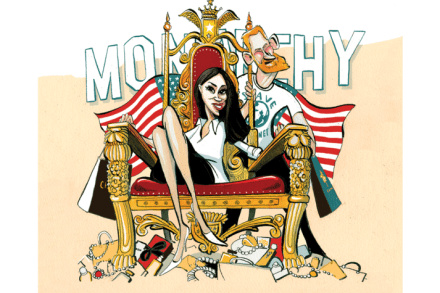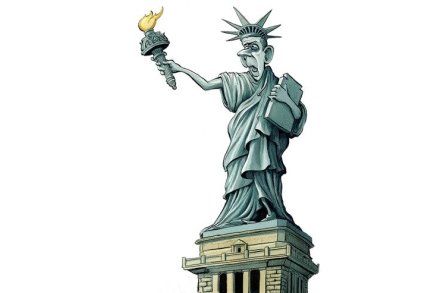Russia’s fake news machine has a fresh target
There is a certain perverse cachet in one’s words being wilfully distorted by someone who thinks it gives their argument weight. Increasingly, the Russians are adopting this as a tactic. But the target of their disinformation appears not to be foreign audiences, but Russians themselves. I’ve never really subscribed to the view that being banned from Russia on the charge that I was ‘involved in the deliberate dissemination of false and one-sided information about Russia and events in Ukraine,’ and ‘contributing to fueling Russophobia in British society’ was a badge of honour. It would be tempting to run with it and market myself as ‘the man Putin fears’ or some





















